After that day, Morris says, his heart just felt worse and worse. About a year after the robbery, Morris was playing basketball when he noticed that he was having trouble getting up and down the court. This wasn't like him: He played college basketball at Crowley's Ridge College in Arkansas, and grew up working on a farm in rural Missouri.
Finally, Morris went to see his family doctor.
"She told me, 'Tyrone, we're taking you to the hospital,'" he said.
Morris refused to go. He went home. But his doctor called him repeatedly and urged him into going to the emergency room. Once Morris arrived at the ER, doctors almost immediately wheeled him back for surgery.
The diagnosis: congestive heart failure. Morris needed a pacemaker. He was just 38 years old — far too young for such a severe diagnosis, he thought.
"When I was first diagnosed, I didn't believe it," he said. "I never believed it until I got really sick with it."
Life-Saving Heart Technology
Morris didn't have time to be sick.
He had a family to raise.
He had a restaurant, Big Country's Barbecue, to run.
He had his weekly bowling league — the sport he picked up when his heart problems prevented him from playing basketball.
Morris took his medications and visited his doctor regularly. But he was still leading a busy life, sometimes spending 14-hour days at his restaurant. About a year after his pacemaker was implanted, doctors discovered that his heart was retaining fluid — a dangerous complication for someone with congestive heart failure.
Morris's doctors recommended the CardioMEMS™ HF System. The heart failure monitoring system allows Morris's doctors to keep a close watch on him, wherever he is. Once a day, Morris lies on a pillow that measures his heart function, and the system wirelessly transmits those measurements to his care team.
"The CardioMEMS is excellent," Morris said. "It lets them know if my fluid is too high. It was a simple procedure."
But even with the pacemaker and CardioMEMS, Morris's heart kept getting worse. By 2014, Morris was unable to climb his stairs at home to bring in groceries. His heart was running out of time, his doctors said. He was going to need a new one.
When he was cleared for the transplant list, his doctors implanted Abbott's HeartMate 3™ left ventricular assist device (LVAD) — more commonly known as a heart pump — as a bridge-to-transplant therapy. The HeartMate 3 LVAD takes over the pumping function of your heart and can prolong the lives of those waiting for a transplant. It is also an option for those not eligible for a new heart.
But Morris didn't want a heart pump that would interfere with his life. So he asked for one small concession. Normally, the LVAD's wires come out of the right side of the body.
"I told my doctors I need them to come out my left side so I can continue to bowl," Morris said. "They made it work for me, and a week after I recovered and started bowling again, I bowled a perfect 300 game."
A Stronger Heart, a New Outlook
With three heart technology devices keeping him alive, Morris is thankful for every day.
"I'm very thankful, very grateful," he said. "The changes that I've made, the technology, it gave me life, it gave me breath. It made me relive my life."
Morris regularly talks to congestive heart failure patients at the same hospital where he received treatment. He warns people not to ignore their diagnoses. He spent too much time denying his as his heart weakened, he says, and he encourages others not to make the same mistake.
"I tell everybody, don't take it for granted," he said. "Don't throw your diagnosis in the trash. It is real. It is serious. And if you catch it early, you can get the proper help."
He's often asked about how he's recovering from HeartMate 3 surgery, which can take months. Morris says that everything is what you make of it, and that it helps to have a strong support system — and a sense of humor.
"I crack jokes," he said. "I have fun, even when I'm down. I always tell myself every day is going to be a good day, especially having my wife wait on me hand and foot during recovery. We cracked jokes and made the best out of it."
The Food and Drug Administration (FDA) recently approved the HeartMate 3 as a destination therapy, which gives hope to people who are waiting for a transplant, such as Morris, as well as people who aren't eligible for one.
"I want a heart transplant, but if I had to live my life with the pump, I'd still be happy," he said. "I'd still do what I'm doing."
Thanks to his three Abbott heart devices, Morris is able to run his restaurant — where he's committed to serving all his food with no added salt. He's still shooting jumpers and bowling, still knocking down about 226 pins each game.
"I'm living the dream," he said. "Don't wake me up, either. Let me live."
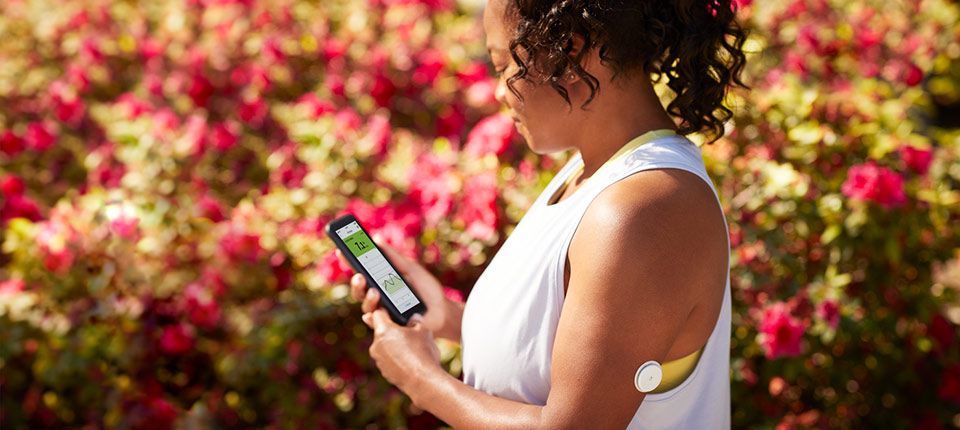

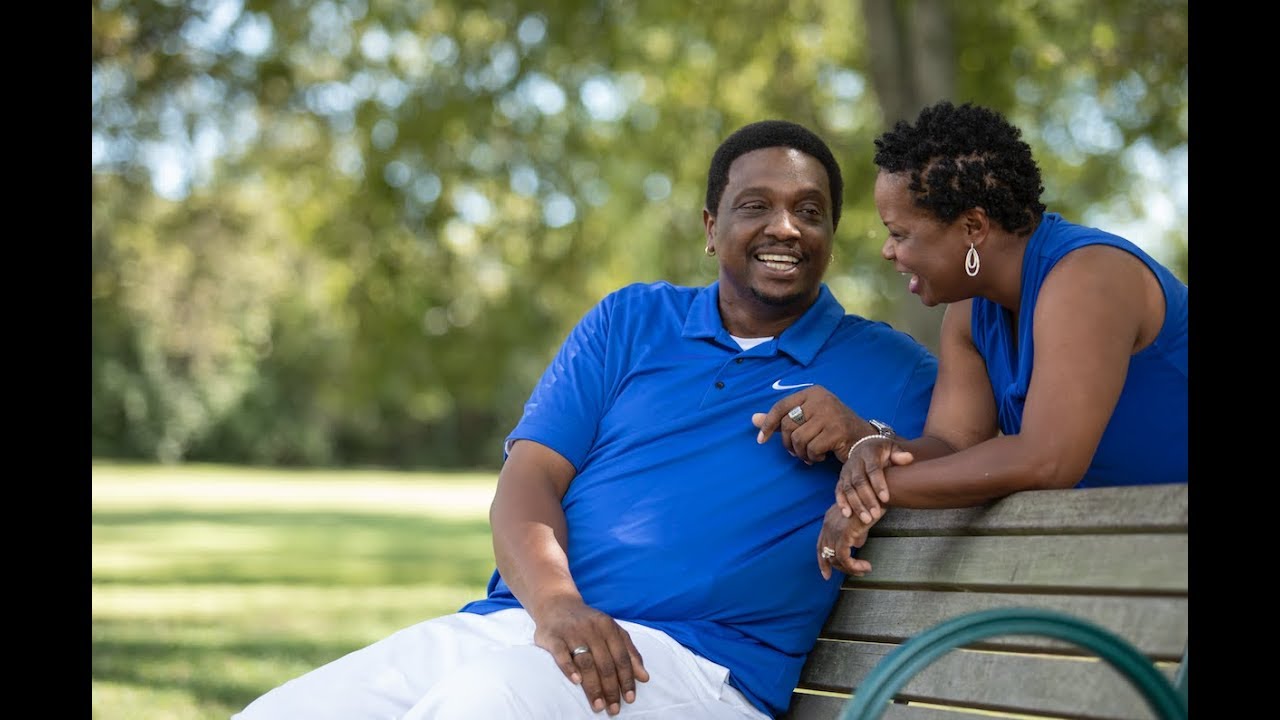

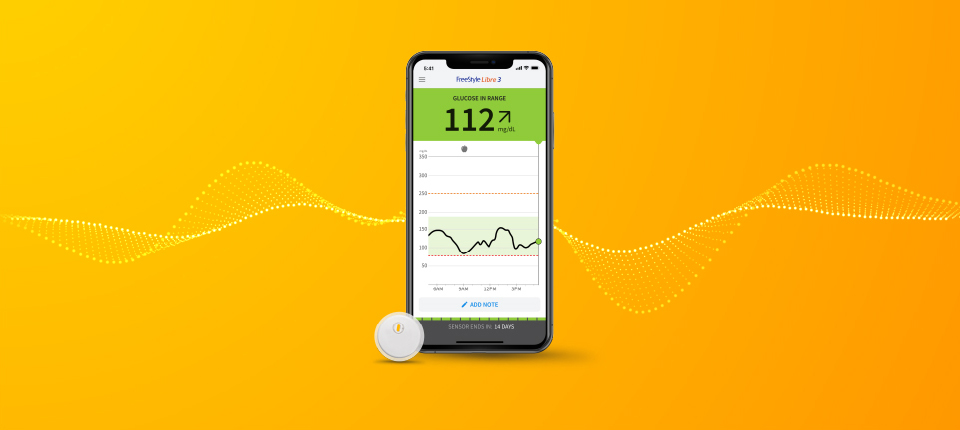
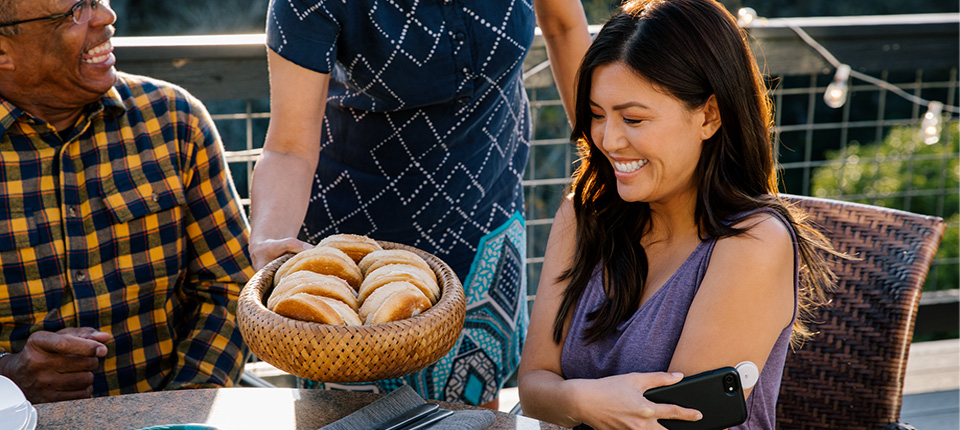
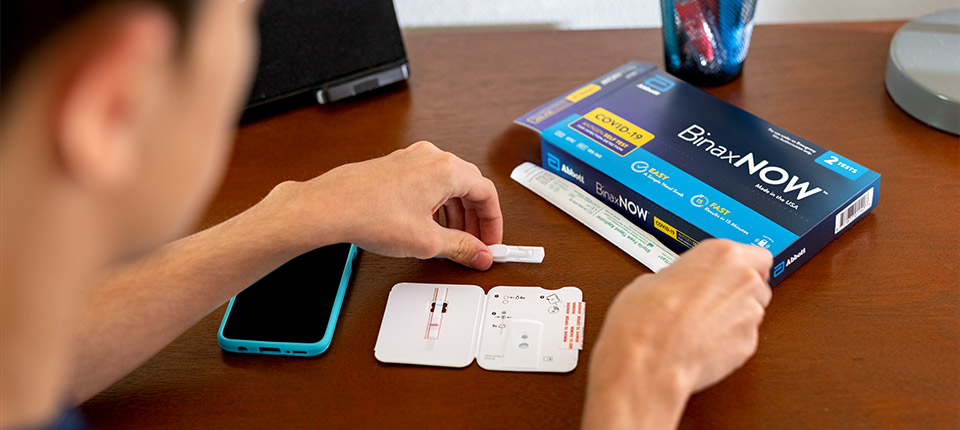
FOLLOW ABBOTT